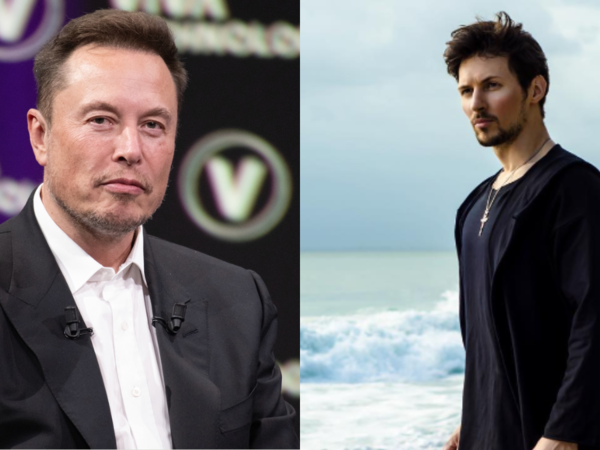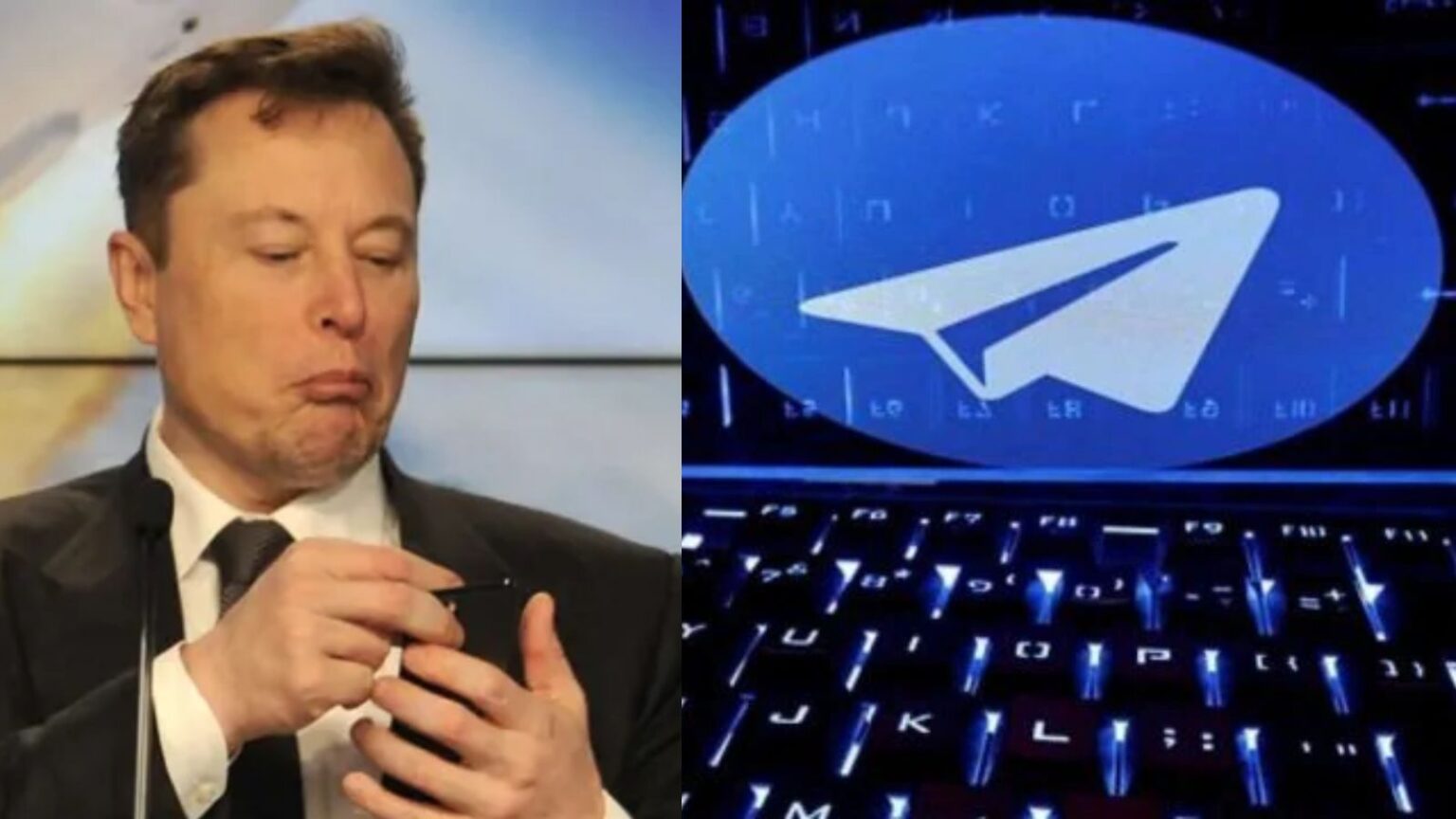Pavel Durov, the founder of Telegram, has faced significant tension with both Elon Musk and Russian authorities. The root of these conflicts lies in the controversial nature of Telegram, which has become a major platform for free speech, dissent, and various forms of content that some governments find troubling.

Source:- news 18
Elon Musk and Telegram: Elon Musk has had a tumultuous relationship with Telegram. His concerns revolve around security and misinformation. Musk has criticized Telegram for its role in hosting content he deems harmful or misleading, particularly related to misinformation and user data security. While Musk himself champions digital freedom and decentralization, his concerns reflect broader issues about content moderation and platform responsibility.
Source:- -BBC news
Russia and Telegram: The Russian government’s issues with Telegram are more entrenched and complex. Pavel Durov has clashed with Russian authorities over the platform’s refusal to provide encryption keys to the Federal Security Service (FSB), which the government demanded for surveillance purposes. Telegram’s encryption and privacy policies directly oppose the Russian government’s goals of monitoring and controlling online communications. In 2018, this conflict escalated to a full-scale ban of Telegram in Russia, though the ban was largely ineffective, and Telegram continued to operate widely within the country.
Durov’s stance on privacy and censorship has made Telegram a symbol of resistance against authoritarian control, which is why both Musk and the Russian government have expressed strong criticisms. Musk’s criticism is part of a broader concern about digital platforms’ role in misinformation and security, while Russia’s ongoing conflict with Telegram underscores the tension between governmental control and digital privacy.
In summary, Pavel Durov’s refusal to compromise on privacy has placed Telegram at odds with both prominent figures like Elon Musk and national governments like Russia, highlighting the broader struggle between digital freedom and state control.
Share your views in the comments

